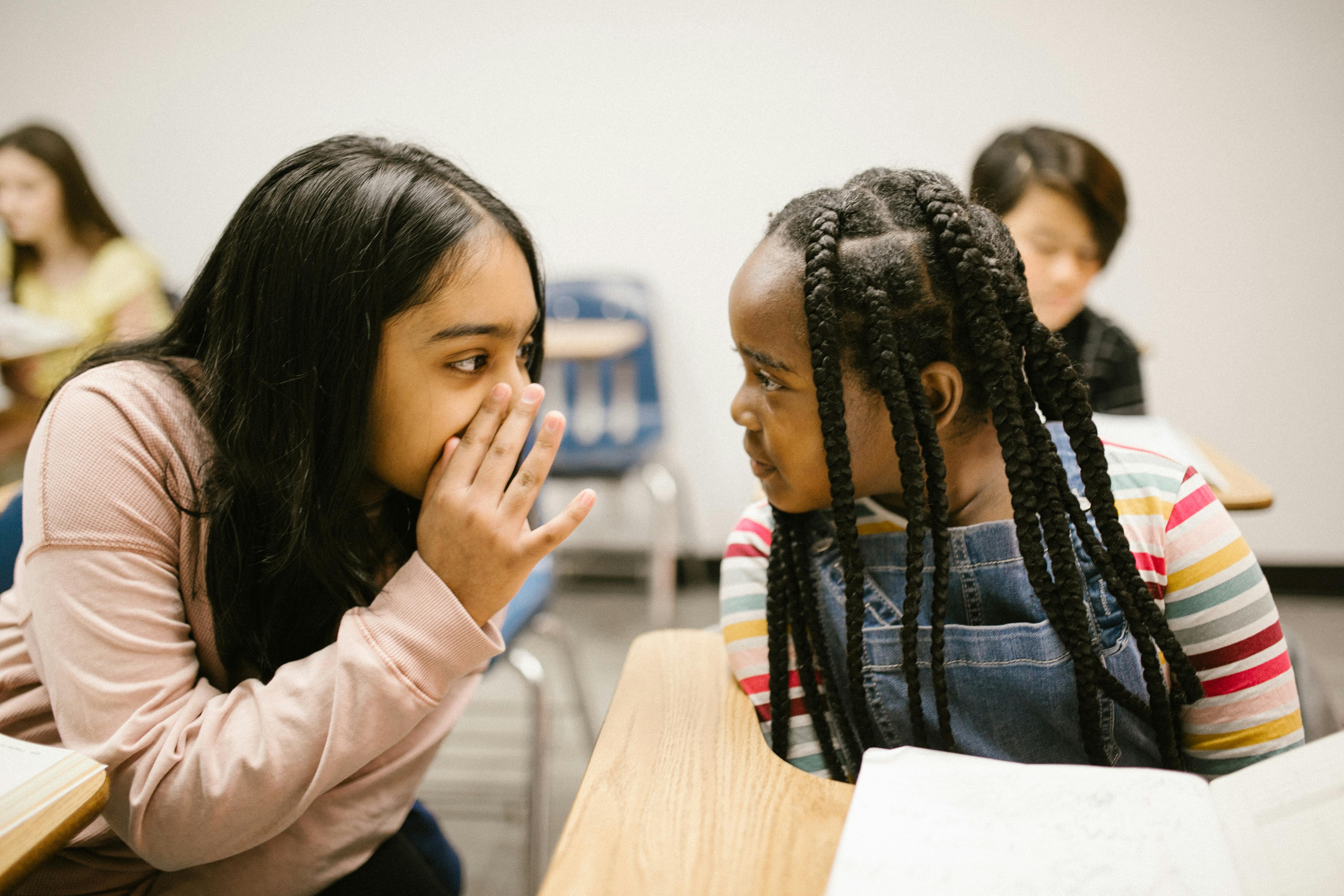
What's Happening?
One Schenectady
The pandemic cast a tragic veil over 2020, and presents a tough start to 2021. It stole the health and lives of beloved family and friends, took away jobs and livelihoods. Middle class families went to food pantries for the first time. Families already under-resourced were pushed deeper into crisis. Racial and economic disparities widened.
Despite this catastrophic turn of events, there are silver linings. If anything, 2020 pointed out the need for long-needed transformative change. If Schenectady is to thrive -- not just survive -- we need to change how we behave as a community.
We must go forward together as “One Schenectady”.
Soon after the COVID outbreak, a Coalition of non-profits formed to come alongside crisis response efforts initiated by County government. When asked to serve in the most difficult of circumstances, they were all in! The Coalition grew, and the resulting impact was extraordinary and unsurpassed in our region.
As we worked together to meet unparalleled demand for food, shelter, child care and rental assistance, a consensus emerged that the Coalition sustain the model that was working so well in crisis, as our way of serving going forward. We call this collaborative model “One Schenectady”.
The commitment of Schenectady’s social sector to a culture of working together, sharing resources and helping each other succeed is the key. There is much for other sectors to learn from this, and an opportunity to adopt similar ways of functioning to improve our collective utilization of resources and achieve elusive outcomes.
What is required of us to join as One Schenectady, creating systemic change while we also address emergent needs powerfully and head-on?
First, trust must take root and be nurtured among all stakeholders. It is exactly the high level of trust that enabled non-profit leaders to come together so easily. Trust is earned through consistency and transparency; doing what we say, and saying what we do. Open processes that invite meaningful citizen engagement will build trust and lead to better results.
Second, our institutions should be guided by those living the experience rather than internal considerations. Convene stakeholders and people impacted by decisions to come around an authentic, aspirational shared vision. Then put resources in place to march toward it.
Third, there is an investment to be made to coordinate and measure the impact of collective effort, to ensure there are no wrong doors for people needing help, and to leverage funding and resources more powerfully. Systemic change may not sound attractive to donors, but would replace band aid solutions.
Fourth, institutions give up “turf” by finding common ground among organizations with similar missions. Just maybe we don’t all need to do everything. We will find greater success by giving up duplicative roles or the greater good of the community.
The cost savings of One Schenectady could be considerable for local governments and school districts. The upfront cost of creating a more systemic, coordinated problem-solving approach would be a drop in the bucket in contrast to siloed practices. While government budgets are in contraction, early efforts could be seeded by philanthropy. Donors should leap at the chance to invest in sustainable change!
Businesses too could get behind this. Volunteerism and corporate giving have been in decline. Our older volunteer base, at-risk to COVID, could not join in as they would normally. A younger generation of volunteers and leaders must step forward and be engaged. Our business sector and their employees could help make that a reality.
Maybe it’s this tragic pandemic and its impact on every single one of us that will change our ways. Our “old normal” was disrupted to the point where there was no option but to innovate. No need to go back to things that weren’t working too well.
This is our silver lining.
We are up for this change. Who’s in?

